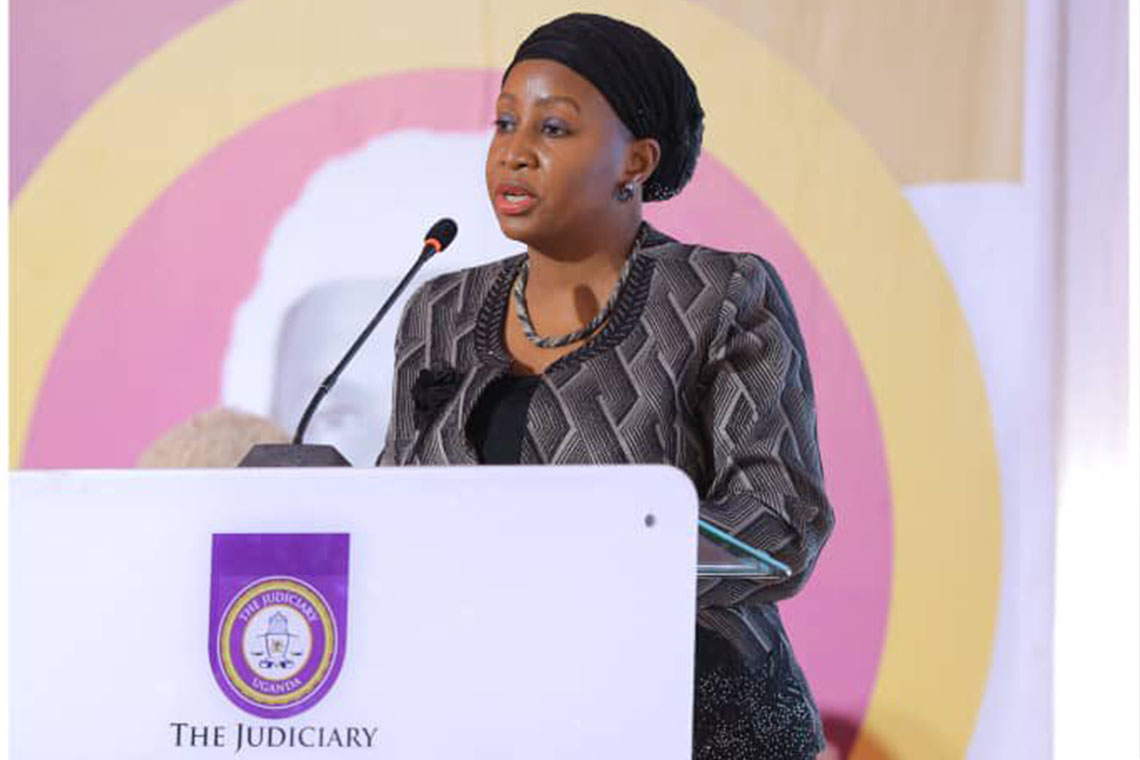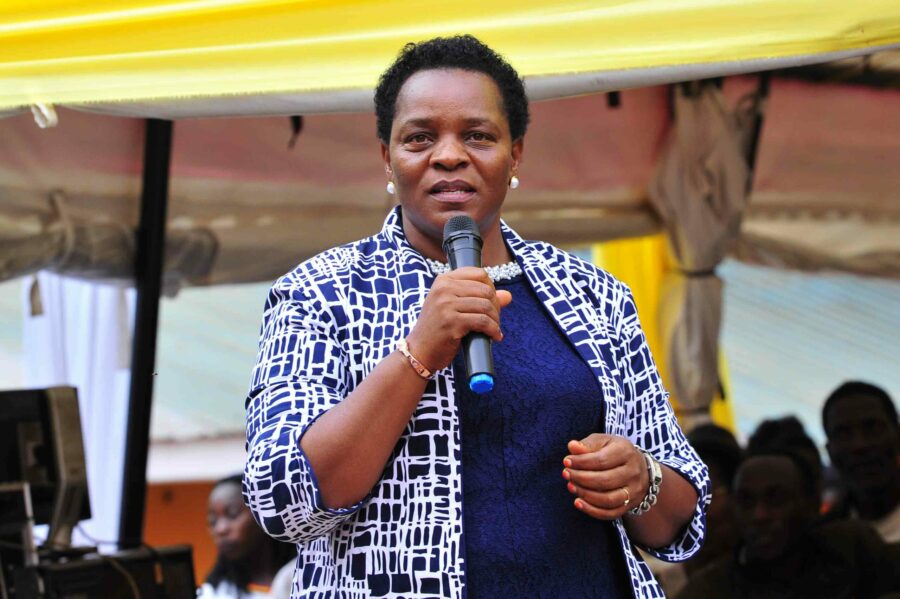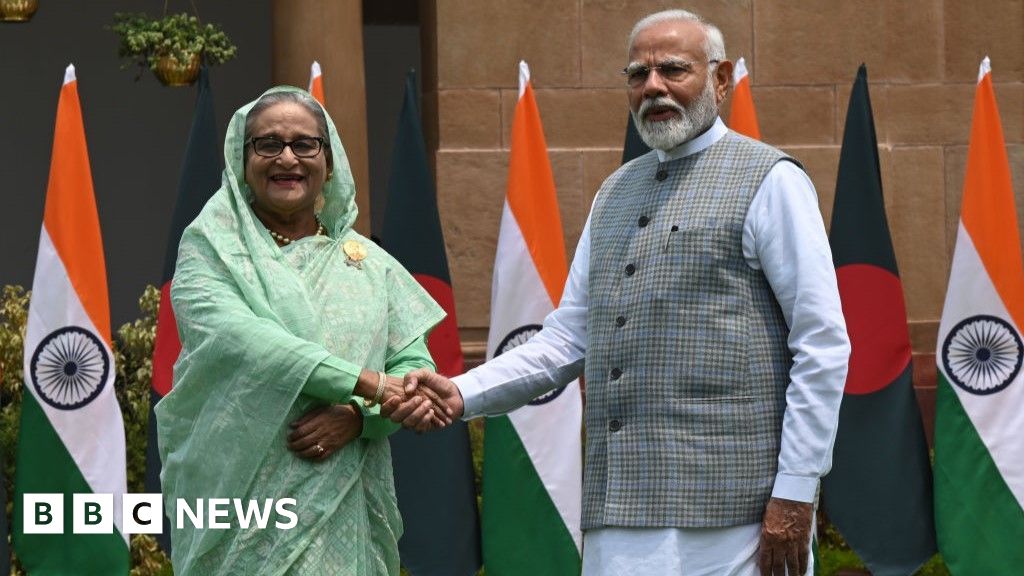Dr. Nampeewo explained that a People-Centred Approach to Justice goes beyond institutional reforms, advocating for a justice system that actively engages with its users—citizens seeking fairness and equality. She called for a “user-friendly” system that is accessible, inclusive, and responsive to the needs of all people. “Justice is not only a legal question, it should holistically counter inequalities, address power balances, and guarantee fairness as a public good,” she stated.
Reflecting on the legacy of former Chief Justice Benedicto Kiwanuka, known for his relentless fight for victims of injustice, Dr. Nampeewo posed a critical question to the audience: “Are we truly serving the people? Does our judiciary reflect the aspirations of the Ugandan people?”
She urged the judiciary to align its practices with the values enshrined in Uganda’s Constitution, particularly Article 126 (1), which asserts that judicial power is derived from the people. “We are called upon to improve the quality of people’s justice journeys and to make their experiences bearable,” Dr. Nampeewo emphasized, underscoring the need to enhance public trust in the justice system.
Her speech also highlighted the significant barriers people face when seeking justice, challenging traditional assumptions and power structures within the legal system. “We must design justice systems that respond to the needs of the people, just as Benedicto Kiwanuka did during his remarkable career as a criminal defence lawyer,” she noted.
Judicial Efficiency and Accountability in Question:
Dr Nampeewo also raised critical concerns about the efficiency of court processes, noting that the slow adjudication of cases remains a core challenge to the Judiciary. This inefficiency, despite being a constitutional guarantee under Article 126 of the Constitution, has led to Ugandans abandoning nearly 4.7 million unresolved legal problems annually due to negative perceptions about the judiciary’s bureaucracy.
She cited the staggering case backlog, which stood at 42,960 by the close of the 2022/2023 financial year, with the Court of Appeal, High Court Divisions, and Chief Magistrates recording the highest numbers.
She highlighted the absence of movement on constitutional cases, particularly in the Supreme Court, and noted the lack of transparency in case scheduling. “The 60-day rule within which judgments or rulings should be delivered is not fully adhered to,” she emphasized, questioning whether the system was becoming increasingly conservative.
Dr Nampeewo pointed to a Constitutional Court decision upholding the closed-door vetting of presidential nominees by Parliament’s Appointments Committee, which, in her view, undermines transparency and accountability. “Such decisions risk creating uneven trust in the judiciary, the ultimate guarantors of people’s rights,” she warned.
Bail and Judicial Silence on Human Rights Violations:
Further, she critiqued the problematic use of bail in Uganda, noting instances where deserving cases were denied bail, and the weaponization of bail in anticorruption campaigns. More alarmingly, Dr. Nampeewo condemned the judiciary’s silence on the illegal detention and torture of suspects. She argued that Ugandan courts should act decisively to prevent such abuses, rather than sending victims back to remand despite clear signs of torture.
Drawing on the legacy of Chief Justice Benedicto Kiwanuka, who was abducted and killed after defending human rights, she urged the judiciary to uphold its commitment to protecting civil liberties. “Kiwanuka had boldly issued a writ of “Habeas Corpus” challenging the military detention of a civilian, an act that led to his assassination under Idi Amin’s regime. His bravery set a high bar for us today, as we reflect on our role in dispensing justice in line with the aspirations of the people,” she said.
Dr. Nampeewo stressed the importance of judicial independence, as a core value that underpins the rule of law and the Judiciary’s mission to serve the people. Citing the Judiciary’s Performance Report for 2022/2023, she emphasized the need for judges to remain free from any influence that could affect their impartiality. “Judicial independence underpins the rule of law, which in turn underpins a people-centred justice system,” she concluded.
Meanwhile, the memorial lecture, held annually, commemorates the life and service of Benedicto Kiwanuka, Uganda’s first black Chief Justice, who was a champion for justice and human rights.























